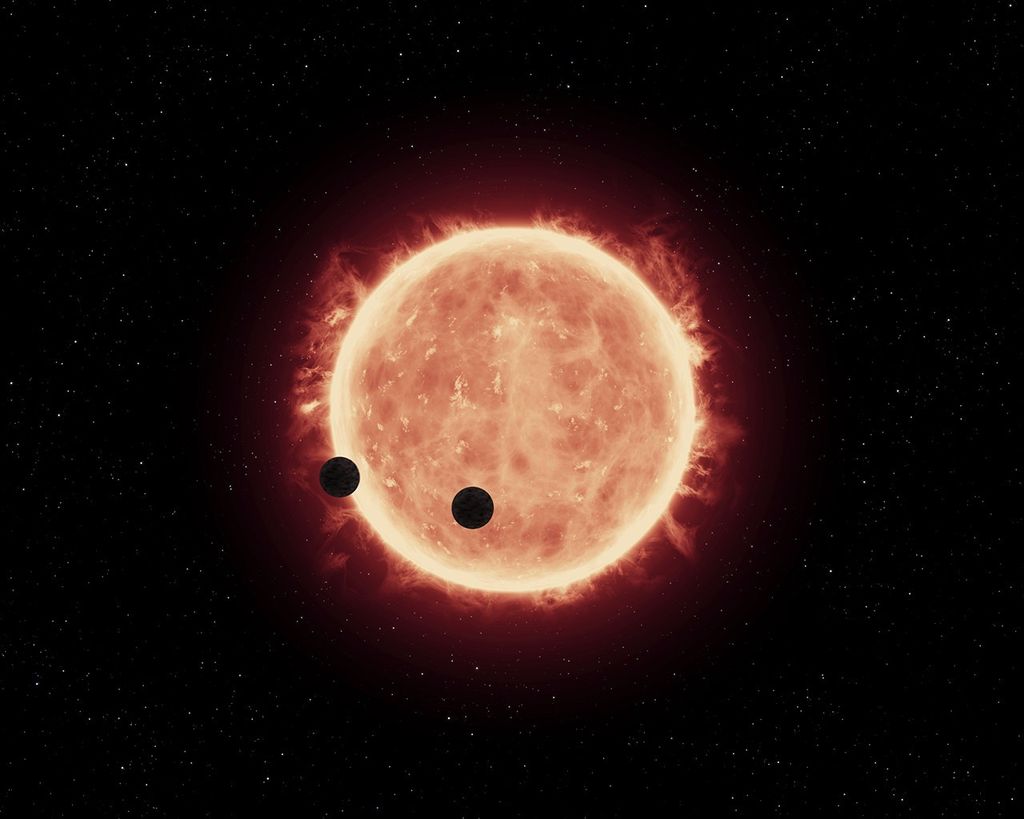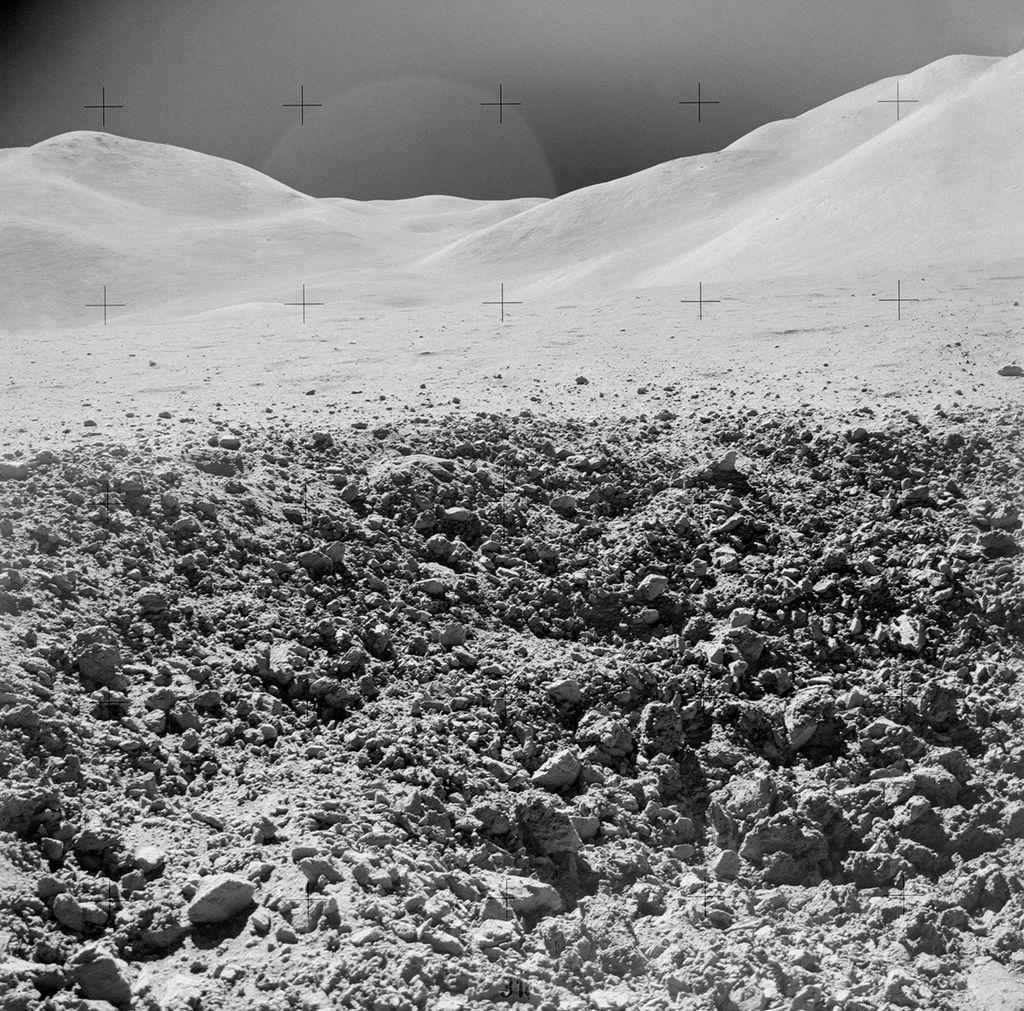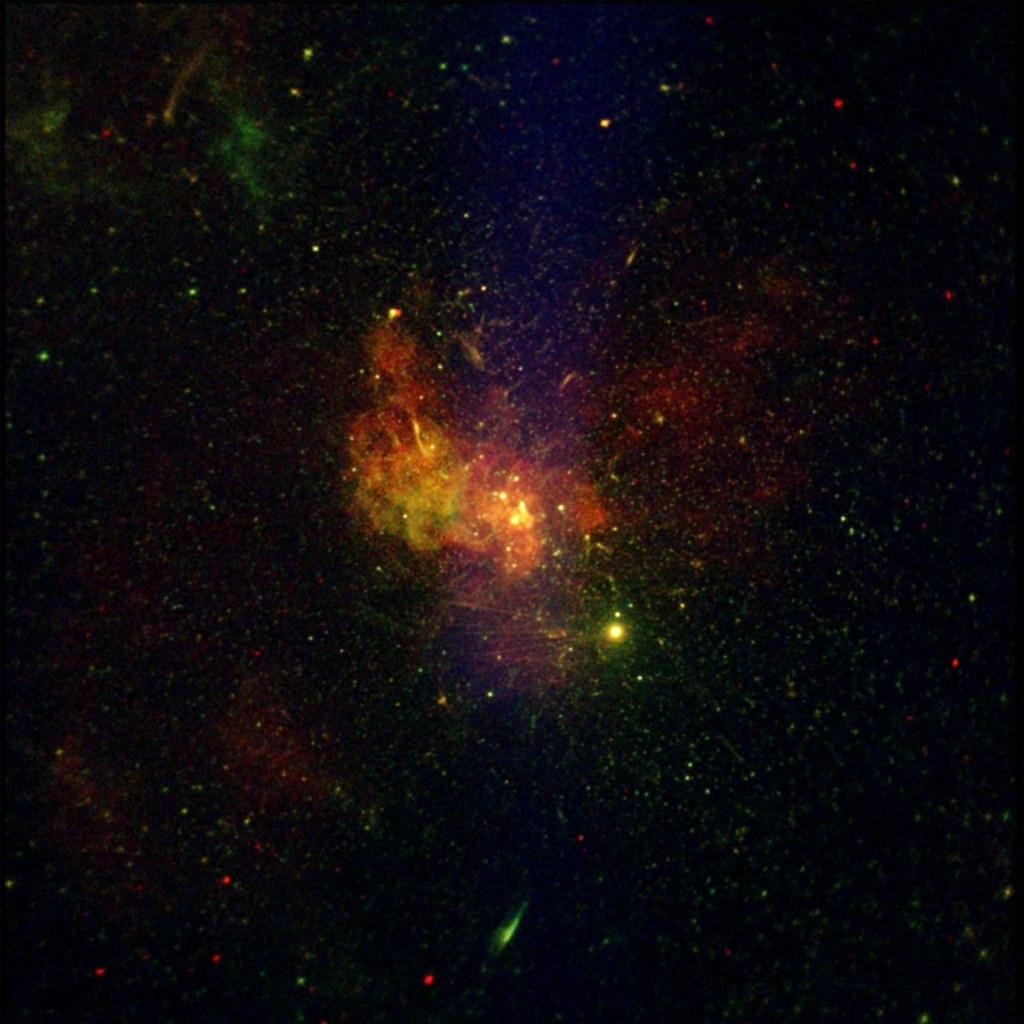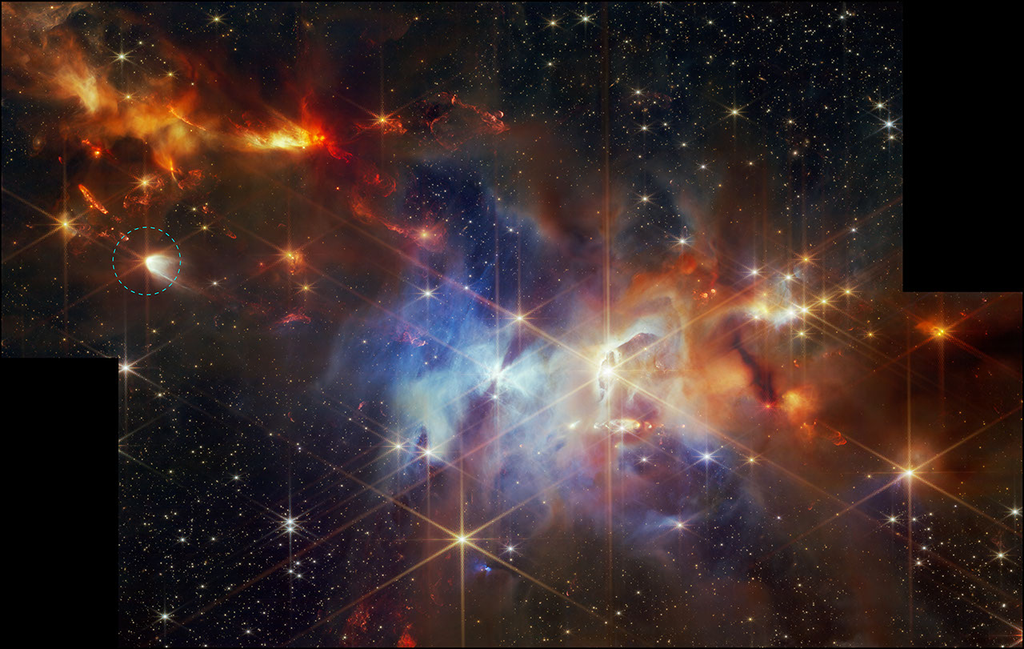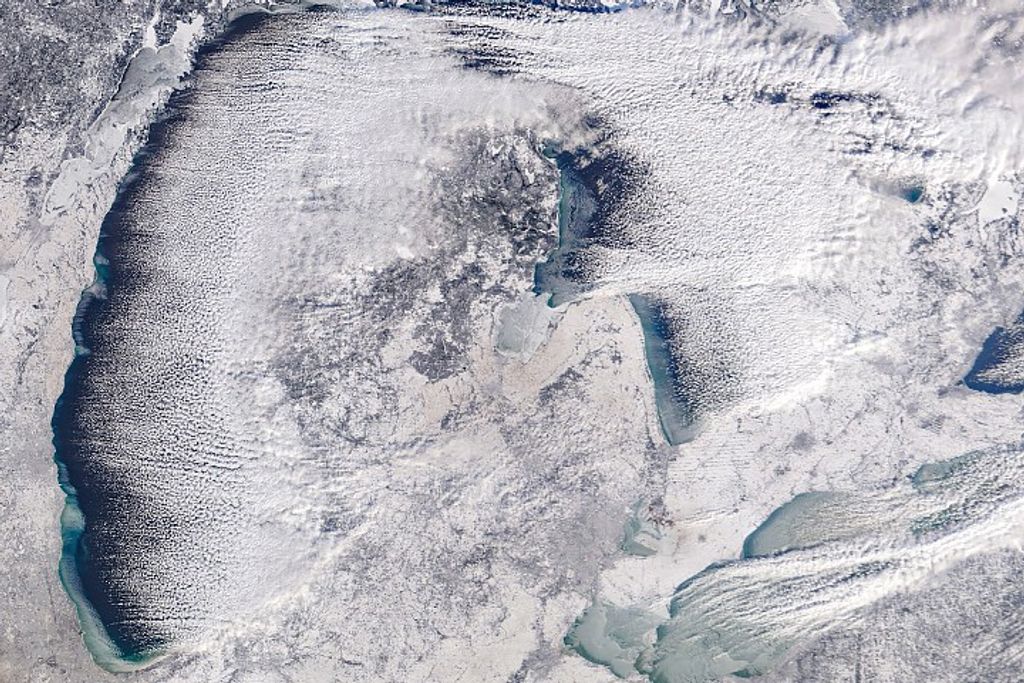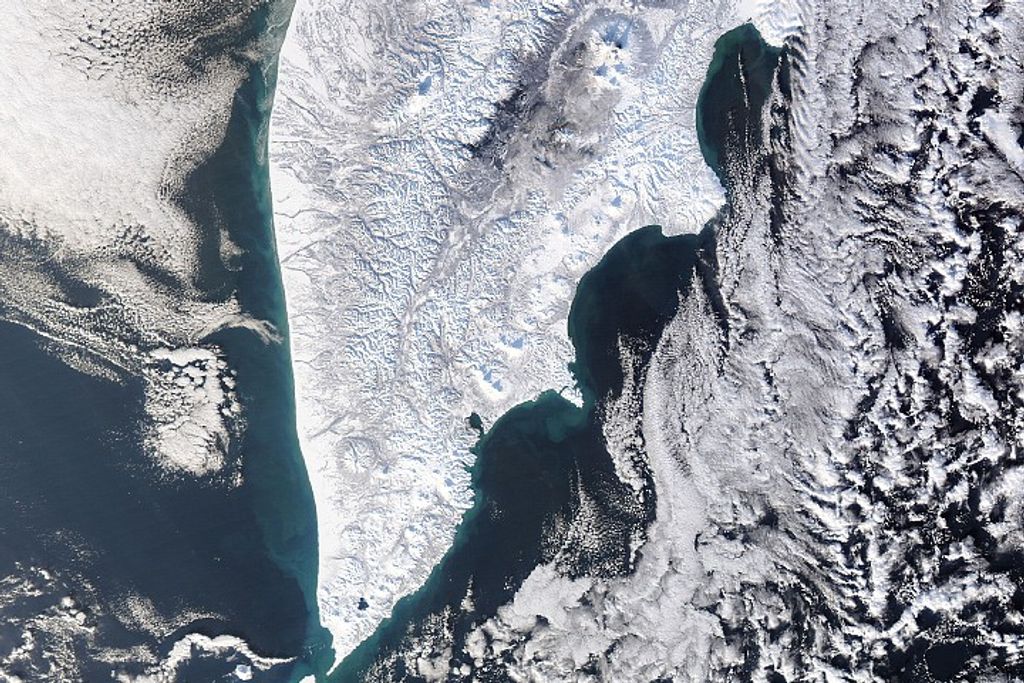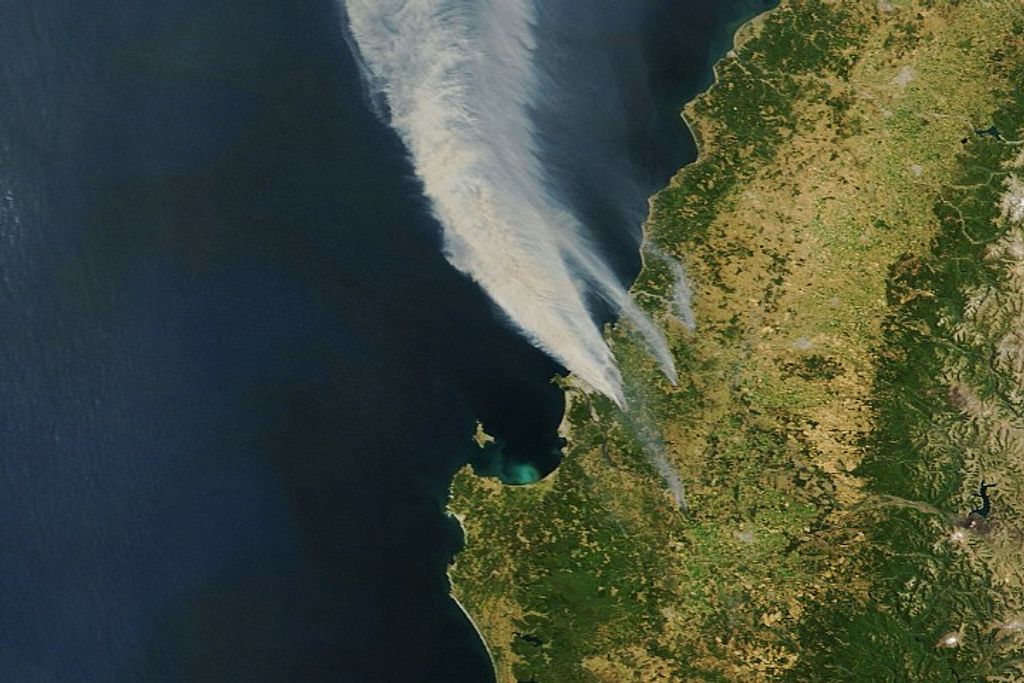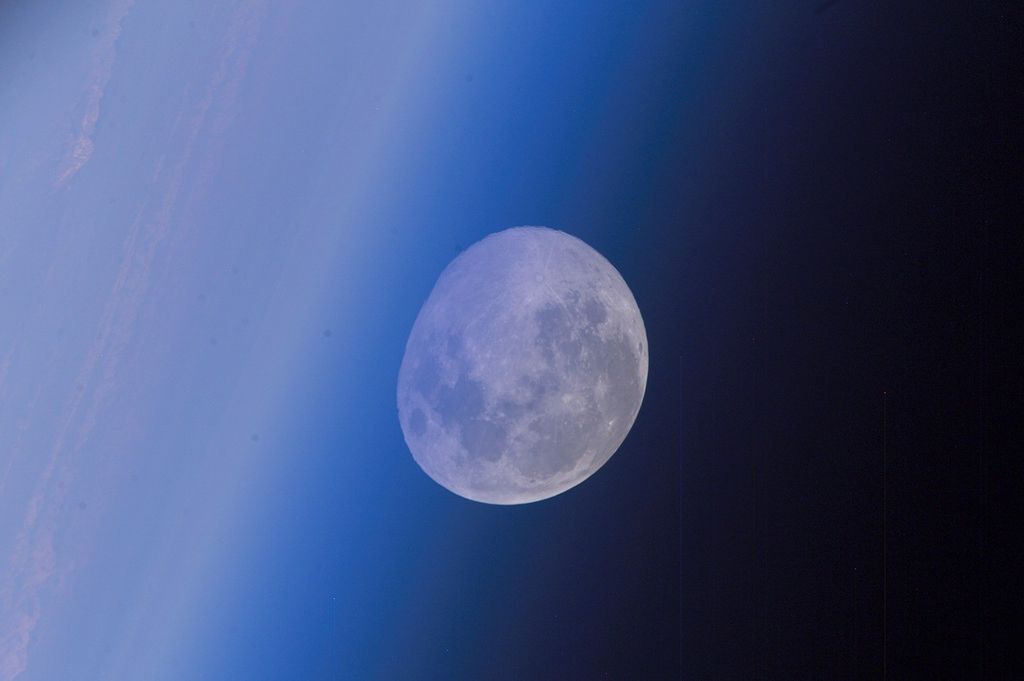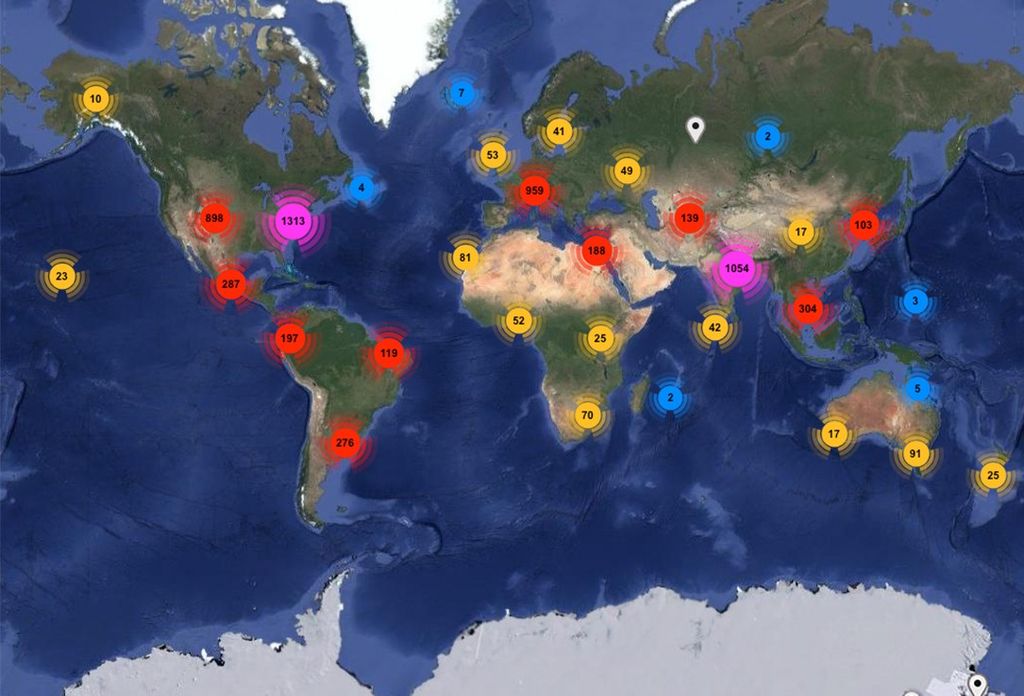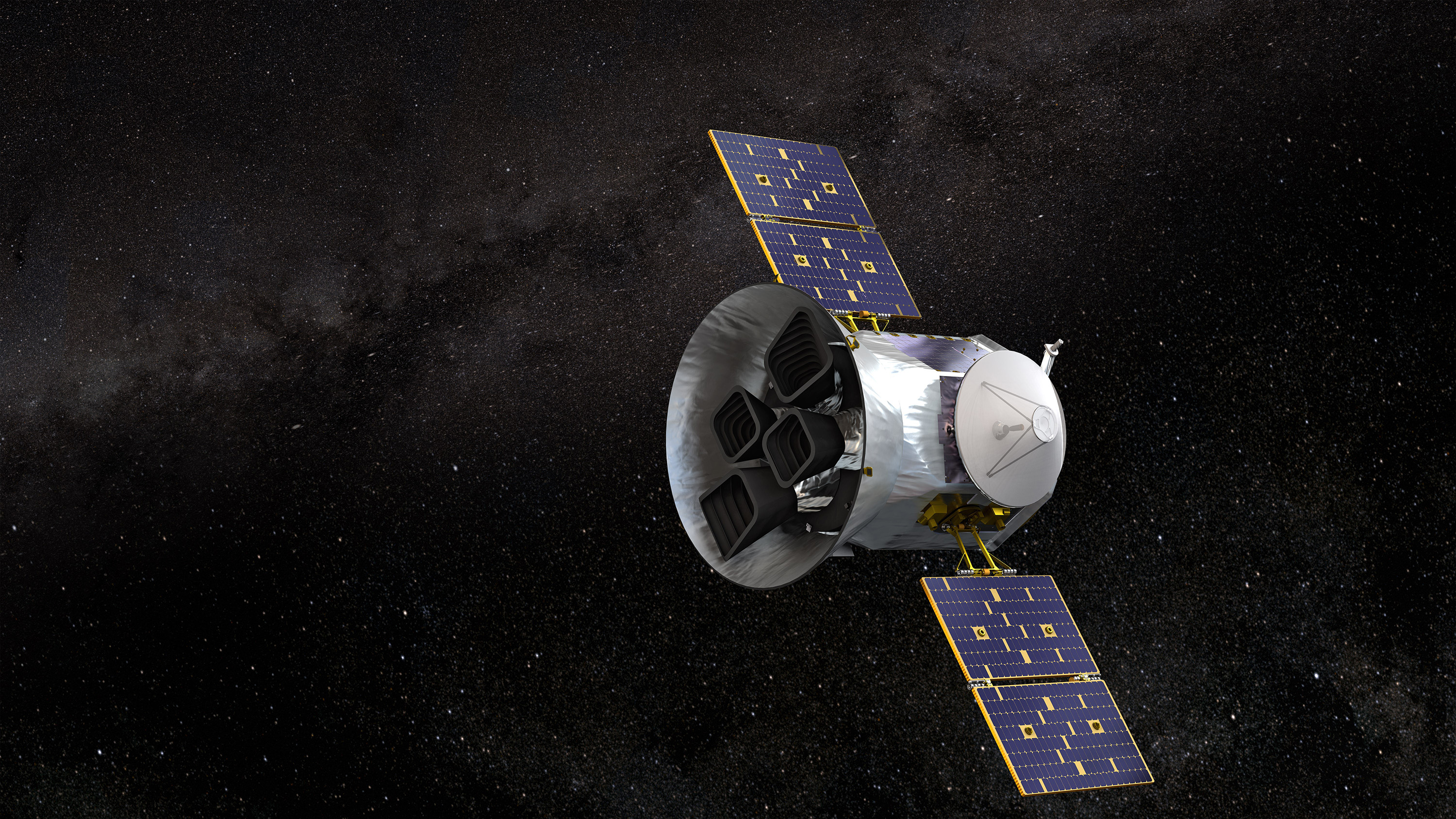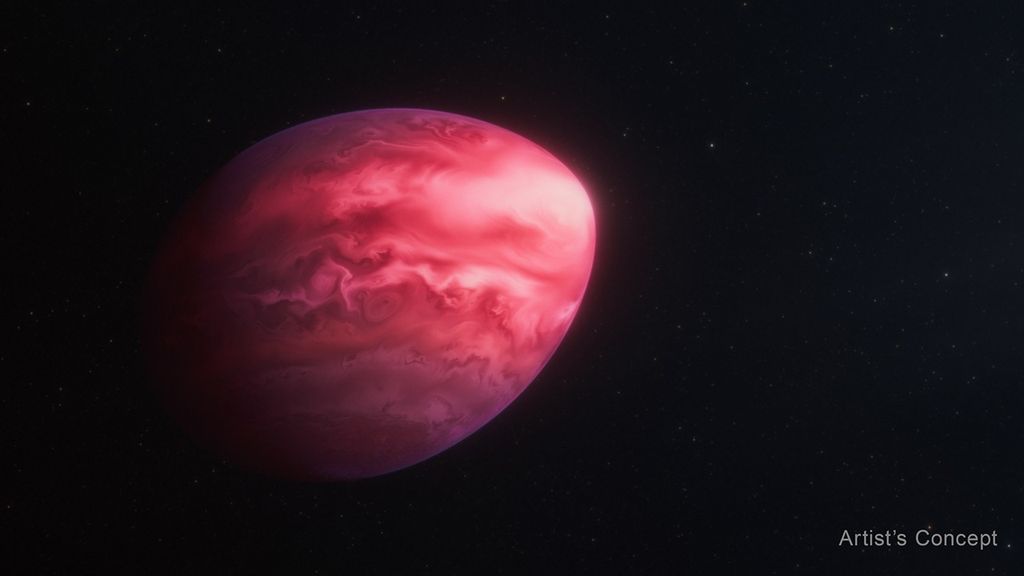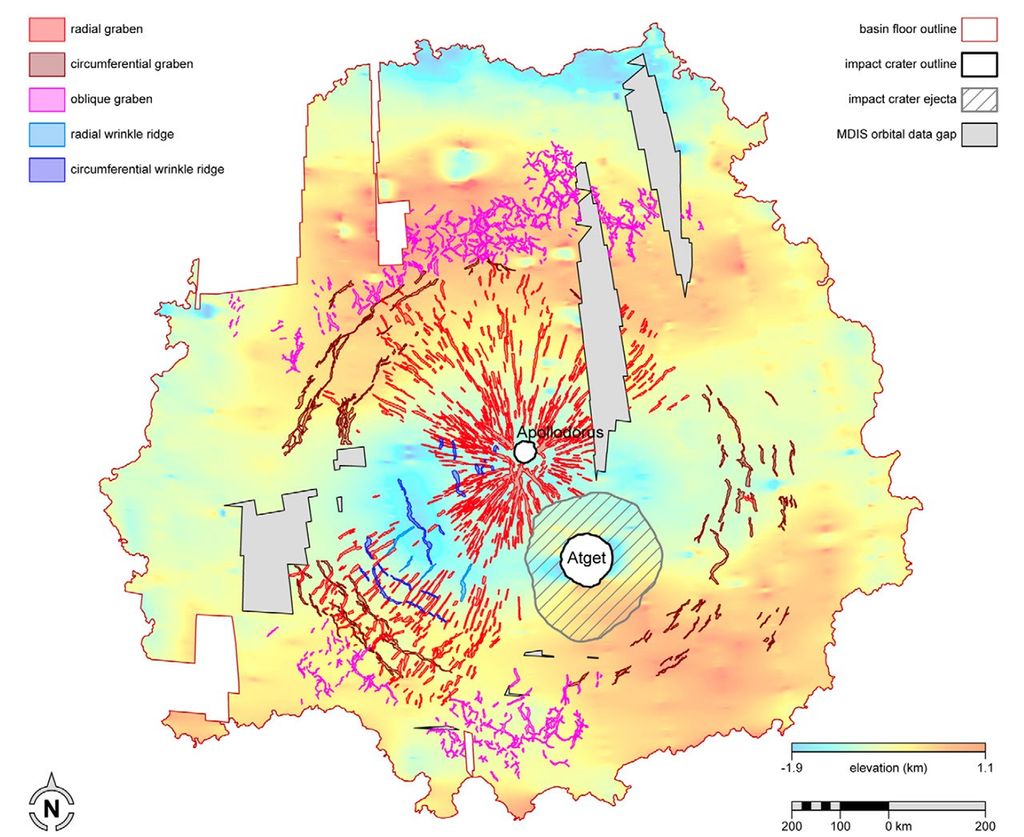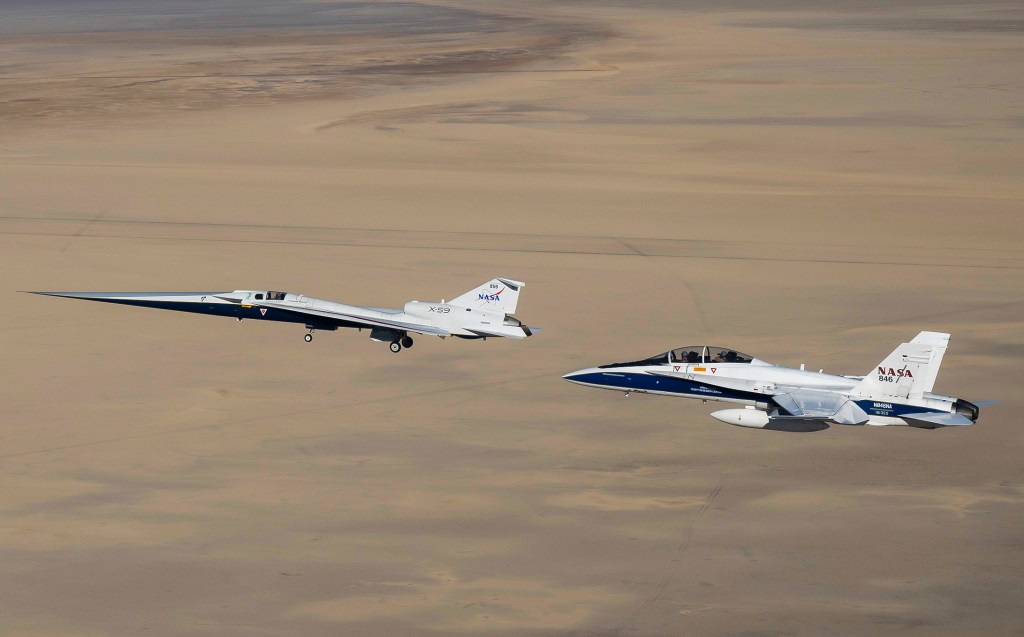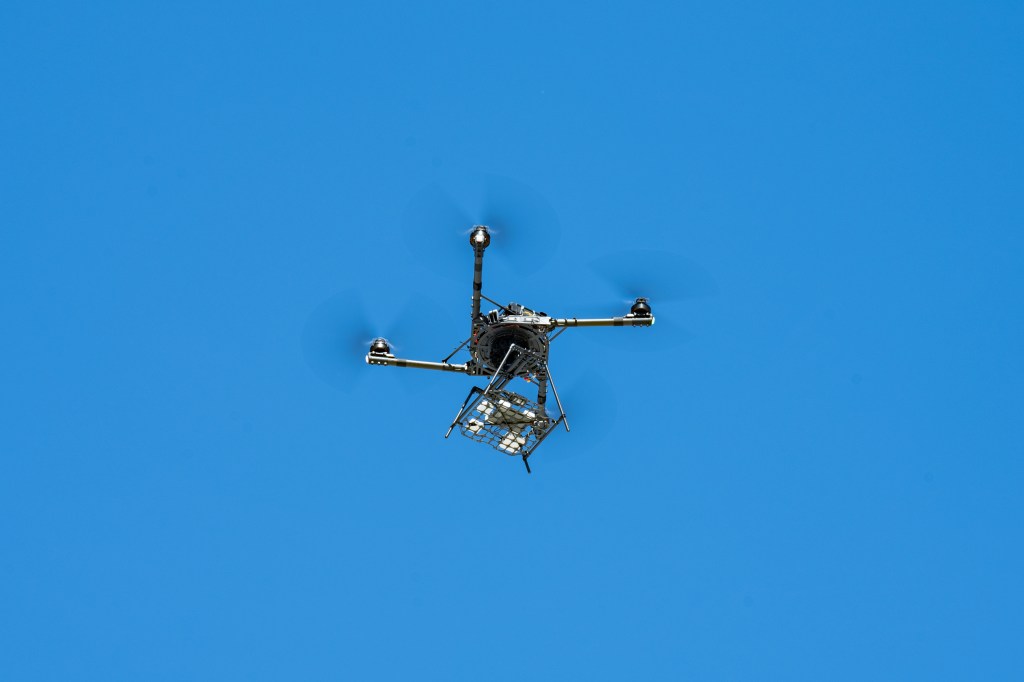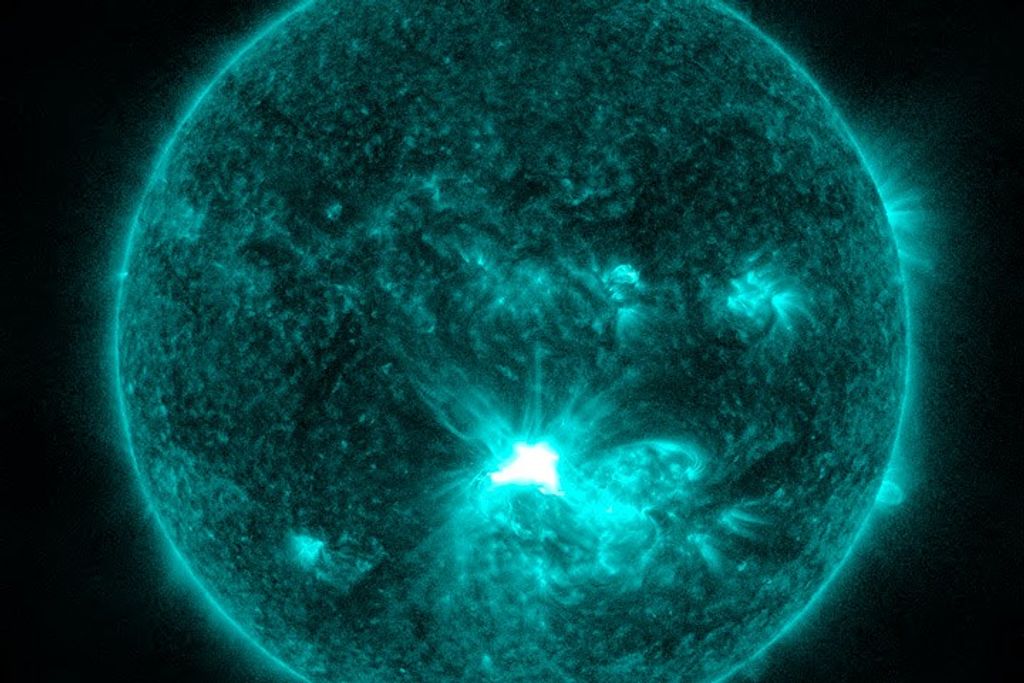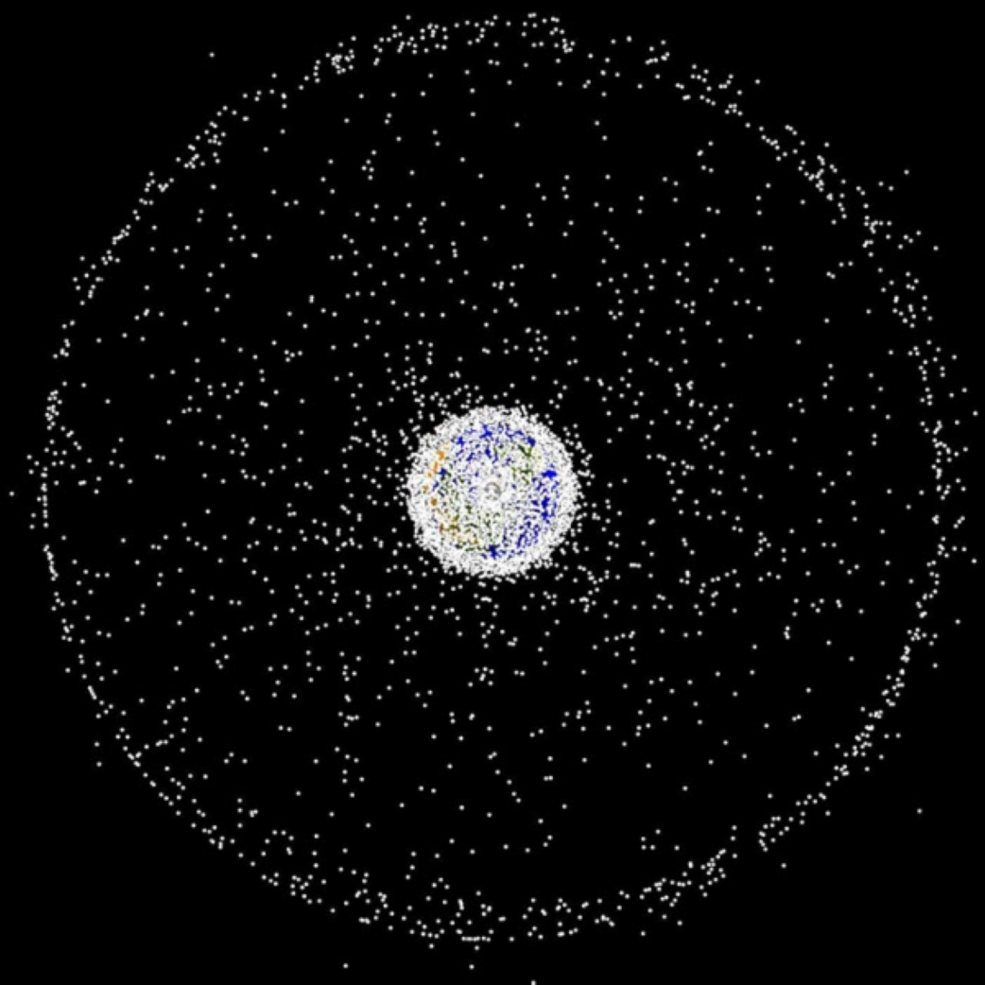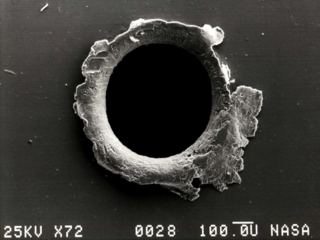As part of NASA’s efforts to address the increasingly critical issue of space debris, the agency announced on Friday, July 28, that it will continue an initiative established in 2022 to fund research to analyze the technical, economic, social, and policy issues associated with keeping space safe and accessible.
“We need to ensure that not just Earth-orbit but cislunar space is sustainable and available to future generations,” said Bhavya Lal, associate administrator for NASA’s Office of Technology, Policy, and Strategy (NASA OTPS) at the agency’s headquarters in Washington. “Maintaining our ability to use space is critical to our economy, our national security, and our nation’s science and technology enterprise. This research will help lay the groundwork for understanding and addressing this challenge. It will also expand the space debris and space sustainability community of practice in academia, industry and beyond, so necessary to nurture innovative, low-cost solutions.”
The two NASA-funded projects will examine ways to incentivize commercial debris mitigation as well as policy opportunities to keep low-Earth orbit, cislunar space (the region beyond Earth’s geosynchronous orbit but still within the area of gravitational influence of the Earth and the Moon), and other parts of space safe and secure for future missions. The White House highlighted the importance of these issues in the recently released National Orbital Debris Implementation Plan, with NASA identified as a leader in modeling and characterizing debris, as well as research and development and policy analysis related to debris mitigation.
Orbital debris consists of human-made objects orbiting Earth that no longer serve a purpose, including old satellites and other spacecraft, abandoned rocket stages, and fragments of mission-related equipment. As of February 2023, approximately 27,000 objects larger than 10 centimeters are known to orbit Earth, and the issue is growing as commercial satellite launches increase. The estimated 10,000 metric tons of debris orbiting Earth can endanger spacecraft, jeopardize access to space, and impede the development of a low-Earth orbit economy, including commercial and non-governmental actors.
While these numbers are important to track, a recent NASA OTPS report indicated that the risk debris poses to spacecraft and satellites can matter more than the number of pieces of debris or their mass.
The two new research awards aim to produce studies over the next year. The awards are for:
- “Analysis of Policy Opportunities for Cislunar and Lunar Orbit Debris Mitigation and Space Sustainability” with Ryne Beeson at Princeton University as principal investigator. Grant award: $71,280.
- “Space Logistics Analysis and Incentive Design for Commercialization of Orbital Debris Remediation,” with Hao Chen at Stevens Institute of Technology as principal investigator. Grant award: $105,916.
NASA OTPS will make the teams’ results publicly available on the agency’s website.

